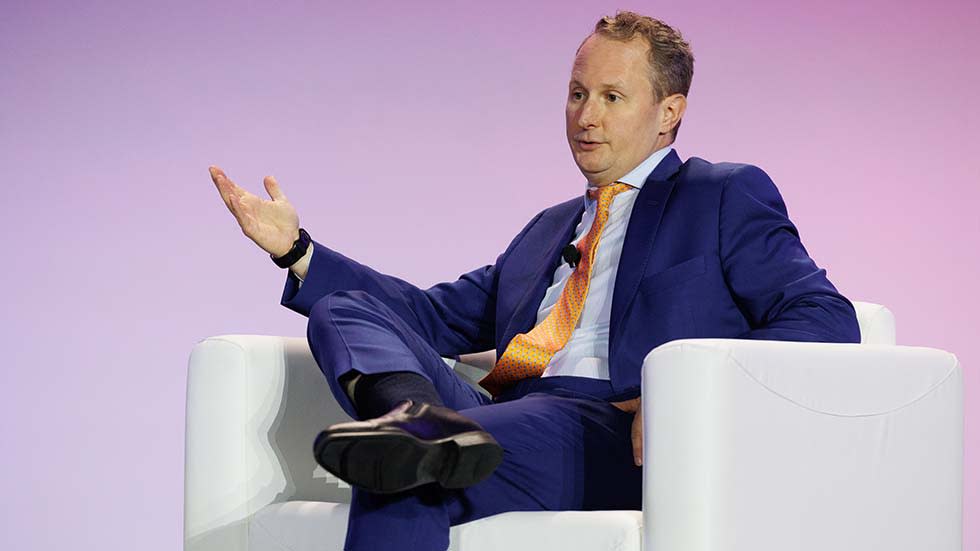Charter CEO Chris Winfrey Dismisses FWA as ‘Cellphone Internet’

- Oops!Something went wrong.Please try again later.
Charter Communications CEO Christopher Winfrey came out swinging against cable's fast-emerging fixed wireless access competition at a Morgan Stanley investor conference Wednesday, repeatedly calling the technology an “inferior product” and labeling it several times as “cellphone internet.”
“That’s what it is — cellphone internet,” Winfrey declared repeatedly, noting the cable industry “needs to do a better job of marketing” against its fast-rising wireless competitors. (You can access a replay of Winfrey's Morgan Stanley appearance here.)
"We need to articulate to the customer that the reason you're getting that incrementally low price point [on FWA] is because you're overpaying on your wireless line," he explained.
Also read: Wireless Org Says Cable Lobbyists Are Trying To Block Allocation of 5G Spectrum To Stymie FWA
After launching their respective FWA platforms in 2021, T-Mobile and Verizon Communications have come to dominate customer additions for home internet service.
“We’re in a lull right now from a net adds perspective,” Winfrey said, noting that consumers are moving less and that there's still a hangover from the massive uptake of high-speed internet service during the pandemic.
And there’s new competition from FWA.
“Any time you have a new competitor inside a marketplace, you're going to see disruption,” Winfrey said.
Meanwhile, the Charter CEO was also asked about the so-called Spulu joint streaming venture announced recently by Disney, Fox and Warner Bros. Discovery.
“We don't have a lot of the details, and I'm not sure the deal is final, but whether it’s 60% or 65% of sports content, I'm not sure it scratches the itch of the sports fanatic,” Winfrey said.
In any case, he added: “You have three of the largest programmers who have decided that genre-based packaging is the way to go. I agree with that. We've been saying that for several decades. And when you step back, it's an admission from programmers that that’s the way to go … And I fully expect that we’ll have the ability to distribute content in the same way.”

